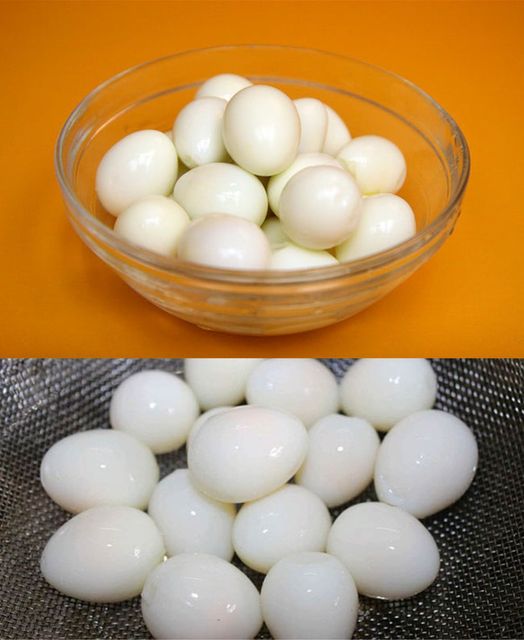Storing the Eggs:
Place the eggs in a clean, non-reactive container (like a glass jar, ceramic crock, or food-safe plastic container).
If you’re using lime water, carefully pour the solution over the eggs until they are fully submerged.
Alternatively, you can lightly coat each egg with mineral oil to prevent air exposure.
Seal the container with a tight-fitting lid and store in a cool, dark place like a basement or pantry.
Serving and Storage Tips:
The eggs should be checked every couple of months for any signs of spoilage.
If you’re storing eggs for the long term, remember to keep the container in a stable environment, ideally between 50°F to 60°F.
When you’re ready to use the eggs, always check for freshness by placing them in water. Fresh eggs will sink, while older eggs will float.
Variation:
Some people prefer to use salt water or other food-safe solutions, but lime water is considered the most effective preservation method for a year-long storage.
For shorter-term storage, you can also try freezing eggs. Simply crack and beat them, then pour into ice cube trays for easy portioning.
Frequently Asked Questions:
How can I tell if an egg has gone bad after being stored for a long time?
Check for any unusual odors, and perform the float test: if the egg floats, it’s likely no longer good.
Can I store eggs with the shell on or should I remove it?
This method works best with the shells on. Removing the shells makes the eggs more vulnerable to bacteria.
Do I need to refrigerate eggs after they’ve been stored for a year?
No, the purpose of this method is to keep eggs at room temperature, even after storing them for an extended period.
By following these simple steps, you can easily preserve eggs for long-term use, saving you money and reducing waste while still enjoying fresh eggs months down the line.
ADVERTISEMENT

